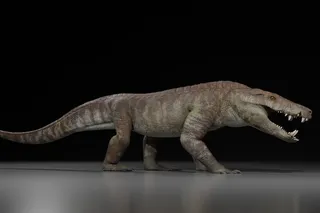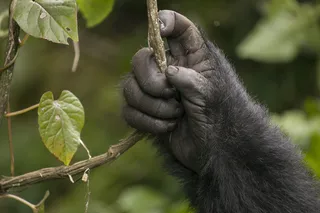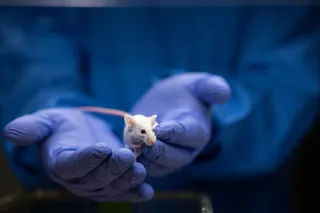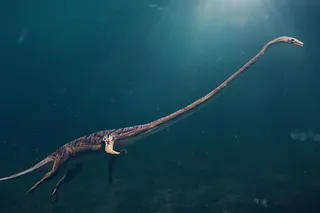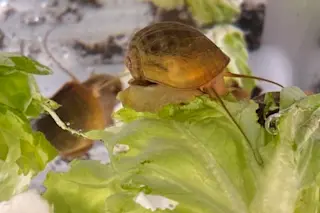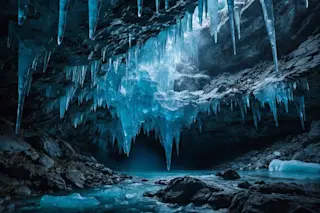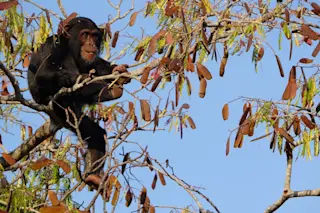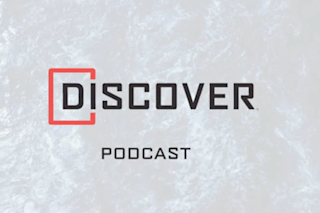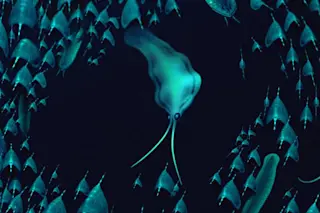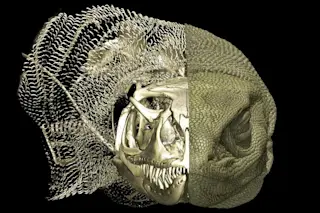Spring is a great time to start using the GLOBE Observer Mosquito Habitat Mapper. Have you noticed any mosquitoes yet? Spring is upon us in the United States, and mosquitoes are already buzzing in many parts of the country. Below is a map that shows the approximate onset of the mosquito session throughout the contiguous U.S. You can observe how the mosquito season works its way northward as conditions become suitable for them to hatch and breed. If you don’t see mosquitoes already, take a look at this map to see when you can start expecting them:
Credit: Andrew Clark, IGES, based on data from Arguez et al. 2010. NOAA’s U.S. Climate Normals (1981-2010). [Monthly Minimum Temperatures]. NOAA National Centers for Environmental Information. DOl:10.7289/V5PN93JP [Accessed December 2018].Anyone, anywhere in the world can download the GLOBE Observer Mosquito Habitat Mapper app to get started with this project. The Globe Observer Mosquito ...



